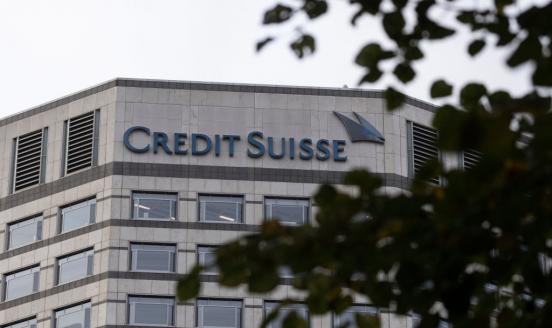What are the consequences of the war in Gaza for financial markets?


The dramatic recent developments in Israel and Gaza have had limited consequences so far in terms of financial markets trends, outside of Israel itself. Oil prices are down from their level in late September. The war has generated a lot of analysis among market participants, but it has had remarkably little actual market impact.
The reason for this striking contrast is that most market participants appear to view the likelihood of significant escalation as very low. In their assessment, none of the main geopolitical players in the Middle East – the United States, Iran, Saudi Arabia, China and Israel itself – have an interest in expanding the conflict beyond its current Gaza-centered scope. Most of the secondary players (including the EU, too disunited to be able to play a principal role) are of the same mindset, even though there are exceptions as illustrated by Yemen’s Houthi militia claiming that they fired long-range missiles at Israel. Altogether, what seems to be driving the markets is an assessment that escalatory incidents will not be allowed to spiral out of control, with a low probability of miscalculation by the key participants.
The market, of course, has been wrong before. No sane person can feel comfortable about the immense human suffering and the events that have been unfolding in the eastern Mediterranean in the past four weeks. The sequence of events that started on 7 October is still in its early days, with no shortage of scenarios in which catastrophic damage spreads well beyond Gaza and Israel. For now, the markets' baseline is that those scenarios won’t materialise.
The Why Axis is a weekly newsletter distributed by Bruegel, bringing you the latest research on European economic policy.



